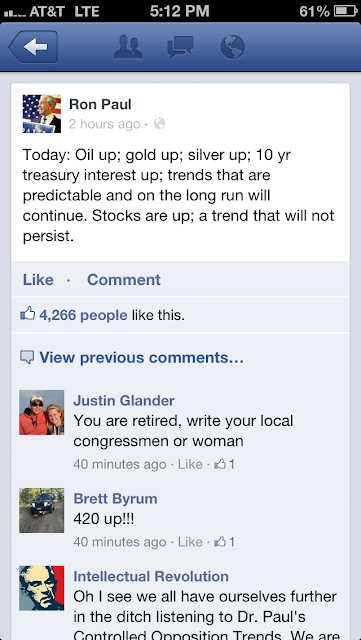- Though I'm sorry to see it go, it had run its course. It is good to see a show end in stride rather than jump the shark. And of course some jump the shark, get up, and jump the shark again. Another show still on the air that comes to mind is "How I Met Your Mother". HIMYM is dangerously close to getting on a surfboard. It is also a show in my top 50 if not in my top 10. It definitely has had top 10 moments as did "30 Rock". Put in that same category "The Office". I still like it and watch it, but I believe the shark may have been jumped some time around the departure of Michael Scott.
- While most of the shows I like tend to have multiple very good characters that nearly stand on their own, I felt like this show was dominated by two: Liz Lemon played by Tina Fey and Jack Donaghy played by Alec Baldwin. These characters were brilliant. Their lines were consistently laugh-out-loud funny and clever and their delivery was tremendous--not surprising given the quality of those actors. Tracy Morgan's character Tracy Jordan, Jane Krakowski's character Jenna Maroney, and Jack McBrayer's character Kenneth Parcell were at a few times awesome but at most times only good. Probably the design of the show to have them and so many others as extreme caricatures limited their reach.
- The extreme caricatures was fine for most characters, but I found it problematic in one respect. I thought that Jack Donaghy versus Liz Lemon was a bit of unequal caricatures. Jack was generally all knowing and a step ahead, but he was portrayed in a way that was less charitable to his supposed political group, rich Republicans, than Liz's supposed political group, progressive Democrats. Of course, Alec Baldwin and Tina Fey are both rich Democrats. Perhaps the unbalanced approach was intentional. If so, I think it was unwarranted. But my hypothesis is this treatment where a more disdainful side comes out in one character is what I would expect if I asked a person not well versed in opposing viewpoints to create a satirical portrayal of two politically opposed characters. For a more thoughtful approach, I point to "Parks and Recreation" where the libertarian Ron Swanson is equally shown against the progressive Leslie Knope. These characters are truer to their represented group and the comedy and satirical exaggeration does not show contempt for either's group.
- I was always impressed by how far they could go on the show toward satirizing if not denigrating GE and NBC. This was to the parent company and the network's extreme credit to allow such self-deprecating comedy. I believe FOX gets credit for breaking this barrier back in the early days of "The Simpsons".
Expect more on this topic of TV shows. It seems that many of my shows are ending and several are getting up there in age, but I have started very few in the past few seasons and none in the current season going back to the fall. Perhaps I will find more time to read . . . and blog.
